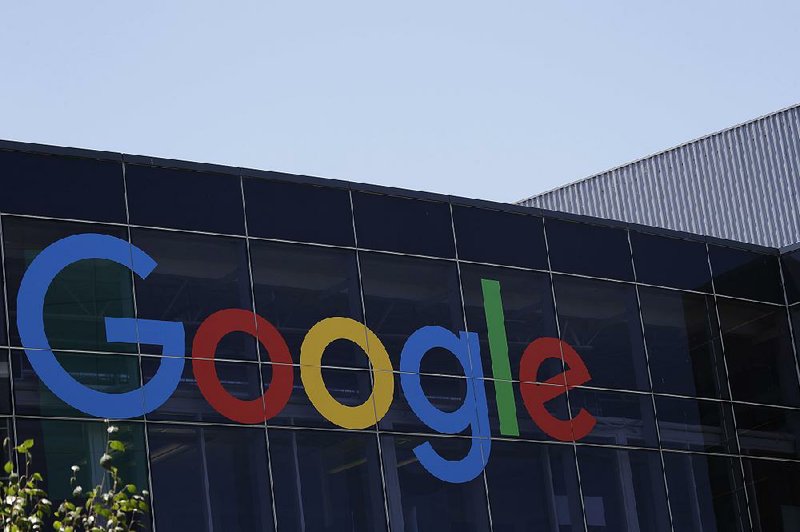Google said it is making the biggest change to its search algorithm in the past five years that, if successful, users might not be able to detect.
The search giant on Friday announced a tweak to the software underlying its vaunted search engine that is meant to better interpret queries when written in sentence form. Whereas previous versions of the search engine may have overlooked words such as "can" and "to," the new software is able to help evaluate whether those change the intent of a search, Google said.
Put simply, it's a way of understanding search terms in relation to each other and taken as an entire phrase, rather than as just a bucket of words, the company said.
The change is rooted in Google's natural language processing research, which studies how to teach computers to understand the nuances of speech and communication.
Google is calling the new software BERT, after a research paper published last year by Google executives describing a form of language processing known as Bidirectional Encoder Representations from Transformers.
While Google is constantly tweaking its algorithm, BERT could affect as many as 10% of English language searches, said Pandu Nayak, Google's vice president of search, at a media event. Understanding queries correctly so Google returns the best result on the first try is essential to Google's transformation from a list of links to a search engine that determines the right answer without having to even click through to another site. The challenge will increase as queries increasingly move from text to voice-controlled technology.
"It looks at the whole context of words to try to understand what's going on," he said.
But even big changes aren't likely to register with the masses, he conceded.
"Most ranking changes the average person does not notice, other than the sucking feeling that their searches were better," said Nayak.
"You don't have the comparison of what didn't work yesterday and what does work today," said Ben Gomes, senior vice president of search.
Nayak said BERT may be able to determine that a phrase such as "math practice books for adults" likely means the user wants to find math books that adults can use, because of the importance of the word "for." A prior version of the search engine displayed a book result targeted for "young adults," according to a demonstration he gave.
Google is rolling out the new algorithm to U.S. users in the coming weeks, the company said. It will later offer it to other countries, though it didn't offer specifics on timing.
The changes suggest that even after 20 years of data collection and Google's dominance of search -- with about 90% of market share -- internet searches may best be thought of as equal parts art and science. Nayak pointed to examples like searches for how to park a car on a hill with no curb or whether a Brazilian needs a visa to travel to the United States as yielding less than satisfactory results without the aid of the BERT software.
To test BERT, Google turned to its thousands of contract workers known as "raters," Nayak said, who compared results from search queries with and without the software. Over time, the software learns when it needs to read entire phrases versus just keywords. About 15% of the billions of searches conducted each day are new, Google said.
Google said it also considers other input, such as whether a user tries rephrasing a search term rather than initially clicking on one of the first couple of links.
Nayak and Gomes said they didn't know whether BERT would be used to improve advertising sales that are related to search terms. Advertising accounts for the vast majority of Google's revenue.
Information for this article was contributed by Greg Bensinger of The Washington Post; and by Rachel Lerman of The Associated Press.
Business on 10/26/2019
